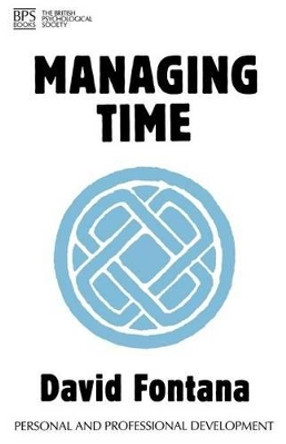Description
Without sanctions, it has transformed the structure of higher education in its member states, to allow comparability of their higher education outcomes and encourage increased mobility between them. Increasingly, it has encouraged the use of learner-centred methods of teaching. It now attempts to further other democratic social objectives as well. Despite growing authoritarianism and populism in some of its member states, it may yet survive because of their strong motivation to pursue economic development through increased technological and innovative capacity.
This book sets this extraordinary phenomenon in its historical and political context. After describing the underpinnings and the development of the central Bologna Process itself, four contrasting country case studies - Germany, Russia, England, Wales - illustrate some of the varying responses adopted when faced with a similar framework.
The book will appeal to those interested in the social and political contexts in which higher education is set, as well as practitioners and researchers.
About the Author
Judith Marquand is Honorary Professor at Cardiff University, Wales. She was educated at Oxford, Harvard and the Open University and lectured at Manchester University and LSE before joining the Government Economic Service. She spent 25 years in departments including the Treasury, Environment, Trade and Industry and the Manpower Services Commission. She left to head a Centre for Training Policy Studies at the University of Sheffield. Her books include Development Aid in Russia: Lessons from Siberia (2009), Autonomy and Change: The Source of Economic Growth (1989) and Development Aid in Russia (2009).
Reviews
The June 1999 Bologna Process is a set of measures to align many aspects of European higher education and promote cooperation and mobility among both students and faculty. Marquand explores the impact it has had on European universities, taking case studies from Germany, Russia, England, and Wales (separately from England). She covers learning, innovation, society, and the Bologna Process; the Bologna Process: a quiet revolution; Germany: Aesop's tortoise; Russia: whether Potemkin lives; United Kingdom--England (and Wales up to 1999): Aesop's hare; and Wales: the Red Dragon awakens. -- Annotation (c)2018 * (protoview.com) *
The most important thing is that the book is rich in content and compels us to look anew at what had seemed a banal problem already well understood by Russians and to reassess the opportunities offered by educational reforms and the challenges faced by Russian higher education. -- Geoffrey Hosking, the distinguished historian of Russia, in Ab Imperio, 2020
Book Information
ISBN 9781787434660
Author Judith Marquand
Format Hardback
Page Count 232
Imprint Emerald Publishing Limited
Publisher Emerald Publishing Limited









